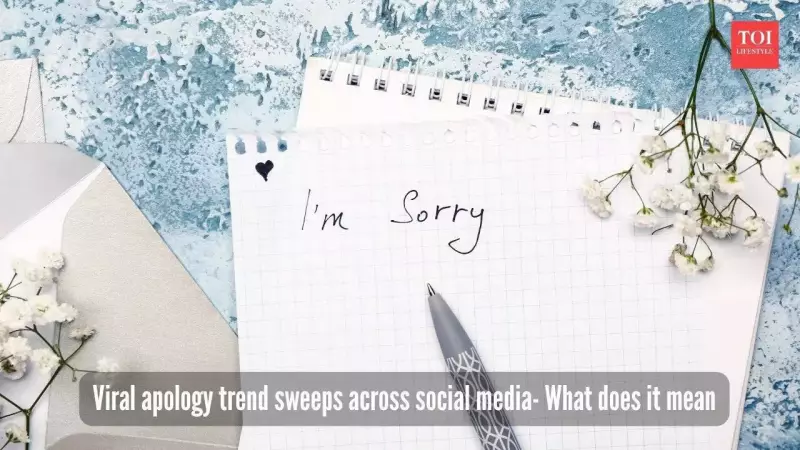
A new and peculiar trend is captivating Indian social media feeds. Instead of issuing apologies for genuine mistakes, major brands are now saying sorry for being exceptionally good at what they do. This wave of mock apologies, where companies humorously regret their products being 'too addictive' or services 'too outstanding,' has become a brilliant marketing strategy to capture public attention.
The Mechanics of the Mock Apology
This clever marketing gimmick sees brands adopting a formal, corporate memo style to deliver their humorous messages. The format typically includes serious subject lines like "Re: Unintended Customer Delight" and bulleted lists of 'regrets.' This creates a delightful and shareable contrast between the sober tone and the lighthearted, self-praising content. The core of its success lies in subverting expectations; the word "sorry" grabs attention, making users anticipate bad news, only to be met with humour and a celebration of product excellence.
Big Brands Lead the Charge in India
The trend found fertile ground in India after gaining momentum in the Philippines in 2024. Volkswagen India was the pioneer, issuing an "official apology" for making cars that customers found too hard to part with. This single post went massively viral, boosting the brand's engagement by an impressive over 60% in just days.
This success sparked a chain reaction across industries:
- Škoda humorously "regretted" that its cars set standards too high.
- Reliance Digital "apologized" for making gadget shopping too easy.
- Adani Ambuja Cement "said sorry" because their cement was so strong customers struggled to drill holes, wittily highlighting its durability.
- Myntra apologised for making fashion "too irresistible."
- PVR Cinemas for spoiling other movie theatres' business by attracting too many customers.
- Haldiram’s for selling snacks that were "too addictive to share."
Even celebrity chef Ranveer Brar joined the movement with a playful post about his recipes causing "unintended disruptions" due to being too delicious.
Public Reaction and Expert Warnings
Despite its popularity, the trend has its critics. Some social media users argue that the word "apology" should be reserved for genuine mistakes and carry weight for accountability, not be used for grabbing attention. Brand strategist Harish Bijoor warned that the concept might lose its charm if overused, stating, "When everyone apologises for being good, it stops feeling clever."
Nevertheless, the trend's momentum in India shows no signs of slowing. The proof is in the numbers, with the hashtag #SorryNotSorry being used millions of times on social media in 2025 alone, proving that for now, this reverse-psychology marketing is a resounding success.






